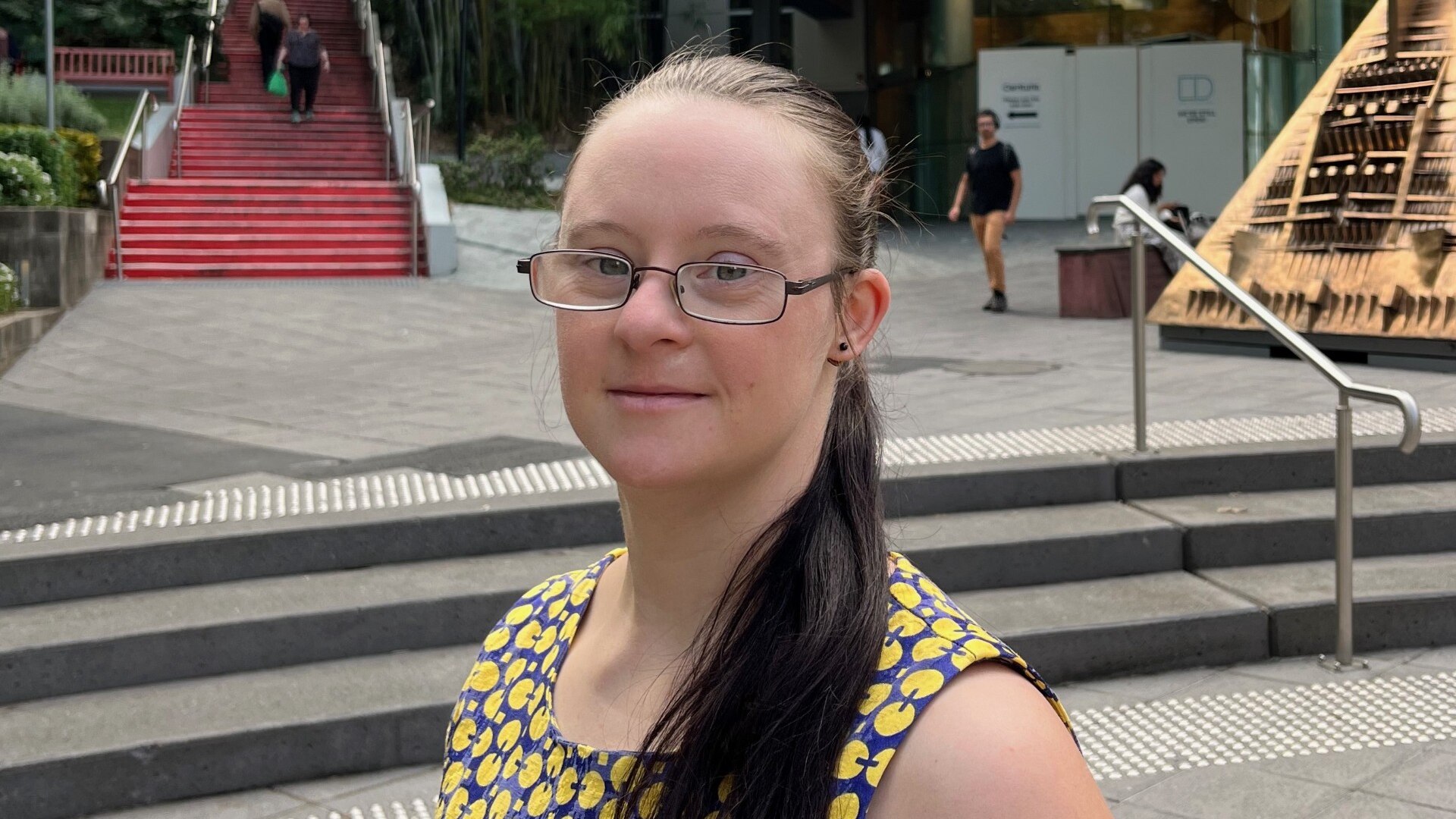A New Approach to Supporting People with Intellectual Disabilities
Ruth Faragher, a 29-year-old woman with Down syndrome, is embracing the challenges and opportunities of independence. Like many young adults, she has lived in a shared house, managed her finances, taken holidays with friends, and secured jobs at various universities. Ruth credits her family for always encouraging her to try new things. “Sometimes I make mistakes, but everyone does,” she says.
In her latest role at the University of Queensland (UQ), Ruth is part of a research team exploring when support becomes restrictive for adults with intellectual disabilities. She emphasizes that support workers must know when to step in and when to allow individuals to take control, even if it means making mistakes.
Balancing Safety and Risk
The study is one of 15 disability-led research projects aimed at improving safety for people with disabilities, funded by the National Disability Research Partnership (NDRP). These projects address critical safety gaps identified by the disability royal commission, which released over 200 recommendations in 2023.
Leading the research is Professor Rhonda Faragher, who is also Ruth’s mother. As an inclusive education and diversity professor, she believes that people with intellectual disabilities are often overly protected. “The more you protect people, the less they have the opportunity to learn and grow and develop their own autonomy,” she explains.
The first phase of the study involved hiring and training individuals with intellectual disabilities as research assistants to co-design the study’s proposal. The goal is to provide “helpful guardrails” for NDIS workers, parents, and carers, so they can best support people with disabilities. However, Professor Faragher clarifies that the aim is not to remove support or pretend everyone is independent. “It’s not something I think is a good goal for people,” she says.
She highlights the importance of ensuring people can live meaningful and purposeful lives without being overly constrained. “We want to explore how to balance that,” she adds.
A New Way Forward
Mary Sayers, CEO of the NDRP, explains that the organization chose the theme of safety because it impacts all aspects of people’s lives. The disability royal commission highlighted systemic injustices leading to violence, abuse, and neglect. Over four and a half years, the commission heard from nearly 10,000 people with disabilities, their families, and advocates.
Ms. Sayers notes that the first funding round supports co-designed research recommended by the royal commission, with people with disabilities at the forefront of solutions. The NDRP received federal government funding to support the research program, distributing $900,000 across 15 projects. More funding will follow for larger projects.
Other projects will investigate topics such as how families of children with disabilities experience family violence and whether group homes are the safest option for people with intellectual disabilities. “It’s early days, but these projects we’re funding represent a new way forward,” Ms. Sayers says.
Involving Lived Experience
The NDRP has been in development since 2020 but was formed as an independent organisation only a year ago. Its goal is to strengthen the disability research ecosystem. “Putting people with disability at the forefront of that research can really impact on policy and practice,” Ms. Sayers explains.
All projects are expected to run for six to 10 months and involve university researchers working with people with disabilities, First Nations people, disabled people’s organisations, and culturally and linguistically diverse communities. “This funding round is designed to support relationship building and knowledge sharing,” Ms. Sayers says.
Darryl Steff, CEO of Down Syndrome Australia, says the projects will contribute to the outcomes recommended by the royal commission. He also notes that while some progress has been made, there is still much more to be done. “Given the shocking stories that were heard during the royal commission and the continued experience of people with disability not being safe in their homes and communities, we would like to see a whole lot more action and movement in this space,” he says.







